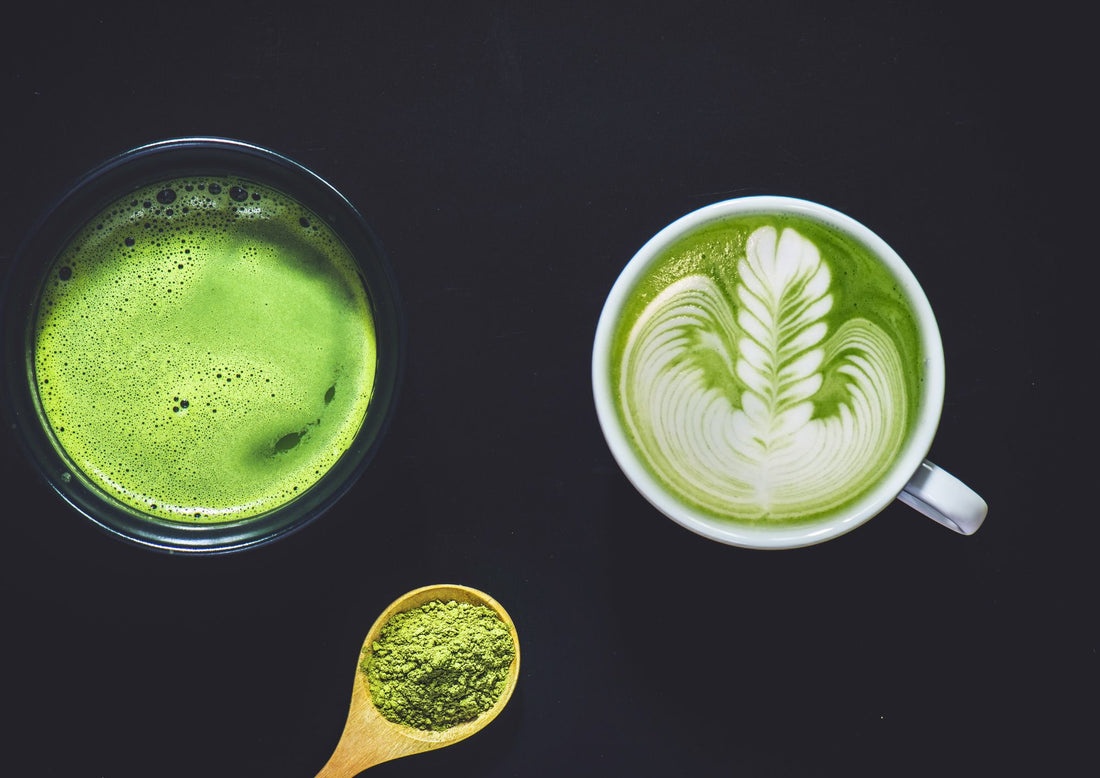Matcha, a type of powdered green tea that has been an integral part of Japanese culture for centuries, is now taking the world by storm. This vibrant and nutrient-packed tea has been making waves in the culinary and wellness worlds, and businesses everywhere are looking for the best matcha supplier to meet their needs. But with so many options available, how do you choose the right one? In this blog post, we will explore the world of matcha and provide you with the essential information you need to select the best matcha supplier for your business.
What is Matcha?
Matcha is a type of green tea that is grown and harvested in Japan. The tea leaves are shaded for several weeks before harvesting, which increases the chlorophyll content and gives the tea leaves a vibrant green color. After harvesting, the leaves are steamed, dried, and ground into a fine powder using traditional stone mills.

The process of creating matcha has been refined over centuries, and it requires a great deal of skill and expertise. This is why it is essential to choose a matcha supplier that has a deep understanding of the tea and its production process.
Why Choose Matcha?
Matcha is not only delicious, but it is also incredibly nutrient-dense. It contains high levels of antioxidants, vitamins, and minerals, making it a powerful addition to any diet. It is also known for its calming properties, thanks to its high levels of L-Theanine, an amino acid that promotes relaxation and focus.
Matcha is versatile and can be used in a variety of recipes, from lattes and smoothies to baked goods and desserts. It is a popular ingredient in the wellness and food industries, making it an excellent product for businesses to carry.
What to Look for in a Matcha Supplier?
When choosing a matcha supplier, there are several factors to consider. Here are some of the most important ones:
- Quality: The quality of the matcha is the most critical factor to consider. Look for a supplier that sources its matcha from Japan and has a deep understanding of the tea and its production process. The matcha should be bright green, with a smooth texture and a fresh, grassy aroma.
- Certification: Look for a supplier that has certifications such as USDA organic, Non-GMO Project Verified, and Fair Trade. This ensures that the matcha is of high quality and produced in an environmentally and socially responsible manner.
- Price: While price is an important consideration, it should not be the only factor. High-quality matcha can be more expensive, but it is worth the investment.
- Packaging: Matcha is highly sensitive to light, heat, and oxygen, so it is essential to choose a supplier that packages its matcha in airtight containers. Look for packaging that is resealable and opaque to prevent the tea from being exposed to light.
- Customer Service: A good matcha supplier should provide excellent customer service and be responsive to your needs. Look for a supplier that is easy to contact and provides clear information about their products.

